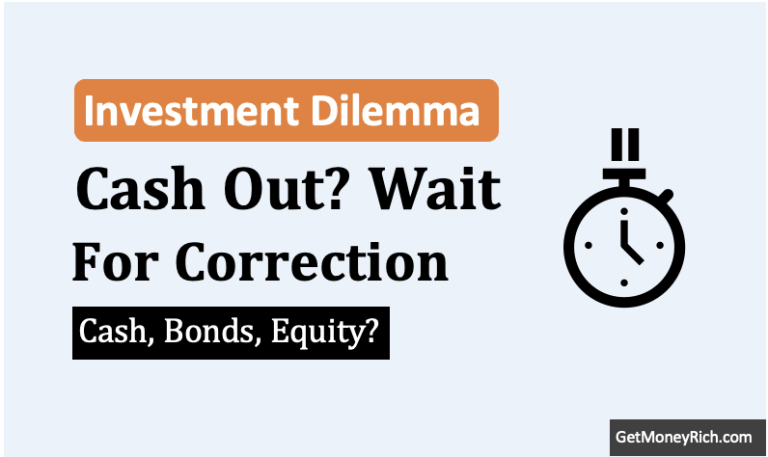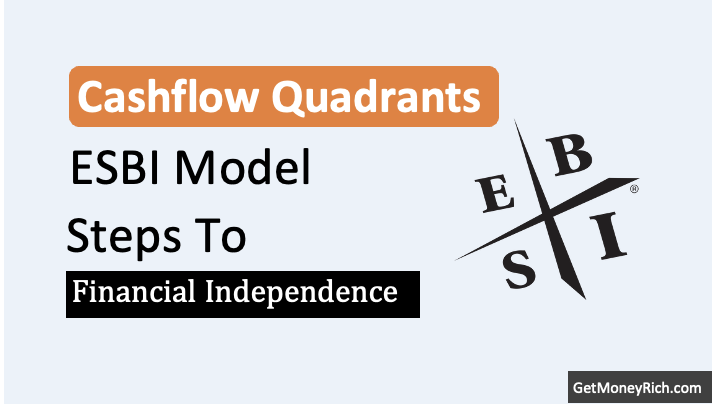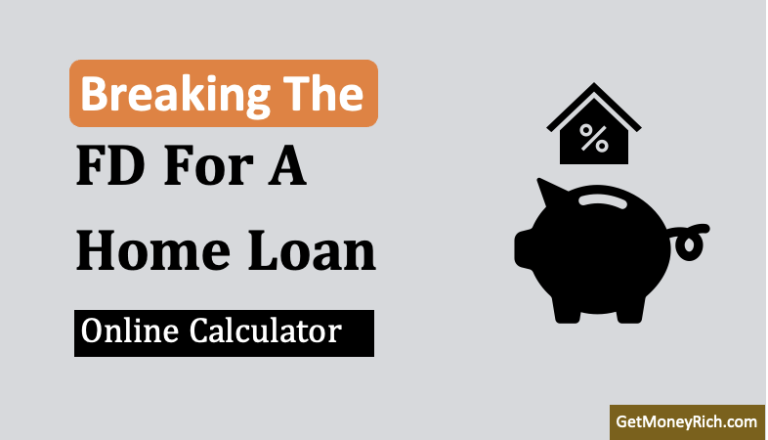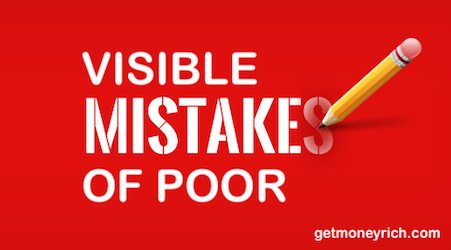Summary Points:
- You’re eyeing a Rs.1.2 crore house in Bangalore—buying means a Rs.50 lakh down payment and Rs.70,000 EMI, while renting starts at Rs.40,000 a month with an 8% yearly hike.
- Buying costs more (Rs.84 lakh over 10 years) but gives you stability and a potentially Rs.1.96 crore asset; renting saves cash (Rs.70 lakh) and grows your Rs.50 lakh mutual fund to Rs.220 lakh.
- A decision matrix weighs cost, cash flow, and that sweet feeling of owning—renting wins on paper, but your heart leans toward buying for independence.
- My take? Buy it, use the EMI, start a small SIP to offset the loss, and enjoy your own roof—because peace of mind trumps everything.
Introduction
Imagine this, you’ve been house-hunting with your family in Bangalore, and you’ve stumbled across a nice place that’s got your heart. It’s priced at about Rs.1.2 crore, which feels like a big leap. But renting it is Rs.40,000 a month, and that’s got its own set of headaches. You’re confused, whether it better to buy this house or renting is a better choice.
To answer this question, you decided to dig deeper into your finance.
You’ve got Rs.50 lakh sitting in mutual funds, growing at a rate of 16% a year. You can also afford about Rs.70,000 a month for a home loan EMI.
But here’s the thing, you’re tired of renting. The rent creeps up on an average, at 8% every year. That’s a nagging insecurity of not owning your own space?
Yeah, it’s real. So, what do you do, buy or rent?
I’ve assumed the above sets of numbers so that it gives a fair chance of both renting and buying the said property. So, what will be a better decision?
This is what we’ll try to answer it in this post.
My Story
I’ve been there, sort of.
A few years back, I was renting a cozy flat in Mumbai, and every year, the landlord would waltz in with a smile and a rent hike. “It’s just 7%,” he’d say, like it was no big deal.
But it added up, and I started feeling like I was pouring money into a black hole.
Then I’d scroll through Instagram, see friends posting “New Home!” pics, and wonder, am I missing out?
So when I started crunching numbers for your Bangalore house, I got excited. This isn’t just math; it’s about that gut feeling of home.
Let’s try to declutter this puzzle so that we can reach a reasonable conclusion.
The Money Talk: Buying vs. Renting
First, let’s get the numbers out of the way—because money’s the loudest voice in the room, right?
If You Buy
- The house is Rs.1.2 crore.
- You can pay down Rs.50 lakh from your mutual funds (tough, but okay).
- This leaves a balance of Rs.70 lakh for a loan.
- At 8.5% interest over 20 years, an EMI of Rs.70,000 fits your budget smoothly.
Now, after 10 years, you’d pay Rs.84 lakh in EMIs, and the loan balance would hover around Rs.50 lakh.
Here’s another data point, Bangalore real estate tends to grow. Let’s say 5% a year (conservative, because who knows what 2035 will bring). It means, in 10 years, your house could be worth Rs.1.96 crore.
Subtract the remaining loan, and you’ve got serious equity.
But, a big but, you’re kissing goodbye to that Rs.50 lakh mutual fund stash. Left alone at 16% CAGR, it’d balloon to Rs.220 lakh in a decade. That’s the trade-off.
Cash Flow After 10-Years: -84 Lakhs (EMI) + 1.96 Crore (House Resale) – 50 Lakhs (Loan Balance) = 62 Lakhs
If You Rent
- Rent starts at Rs.40,000 a month, Rs.4.8 lakh a year.
- With an 8% hike annually, year two jumps to Rs.5.18 lakh, and by year 10, you’re shelling out Rs.10.36 lakh a year.
- Total rent paid over 10 years? Around Rs.70 lakh.
- Your mutual funds? They stay untouched, growing to that sweet Rs.220 lakh.
So, this way you’ve spent Rs.70 lakh on rent, but you’re sitting on Rs.220 lakh in liquid cash. Net gain: Rs.150 lakh in your pocket, no strings attached.
On paper, renting looks like a money-making machine. But life’s not just spreadsheets, is it?
Cash Flow After 10-Years: -70 Lakhs (Rent) + 2.2 Crore (Mutual Fund) = 1.5 Crore
The Decision Matrix: More Than Just Numbers
I’m a sucker for a good framework, so I whipped up a decision matrix to weigh this out.
Think of it like a pros-and-cons list, but with a little more pizzazz. Here’s what I considered:
- Total Cost Over Time (For Buying): You are buying the house, which is a pricier option. EMI locks you into Rs.70,000 a month, it is tight, but doable. Total cash outflows will Rs.84 lakh in EMIs plus Rs.50 lakh long pre-payment. This cash outflow is offset by value appreciation of house. It becomes Rs.1.96 crore in 10 years.
- Total Cost Over Time (Renting): You are selecting a cheaper option here to start with. Rent starts lower at Rs.40K per month but climbs fast, hitting Rs.86,000 by year 10. The total cost of renting is Rs.70 lakh over 10 years.
- Wealth Growth: Renting lets your mutual funds flex their muscles. To buy a house, the mutual fund must be sold. A house can outpace mutual funds in terms of growth? A very low probability.
- Stability: Owning screams “I’ve made it.” Renting? That 8% hike keeps you on edge.
- Flexibility: Renting’s a breeze if you need to move. A loan’s a 20-year hug, cozy, but flexibility becomes hard.
- Risk: Interest rates, property slumps, rent spikes, both have their own set of risks.
Scoring System
To finally draw the conclusion, I’ve built a little decision matrix. Imagine it like grading system, where we give higher grades to parameters that matters more to us. I gave each factor a weight from 1 to 10 based on this example’s vibe (read the intro section again).
| Criteria | Weight (1-10) | Buy Score (1-5) | Buy Total (Weight × Score) | Rent Score (1-5) | Rent Total (Weight × Score) |
| Total Cost Over Time | 8 | 3 | 24 | 4 | 32 |
| Cash Flow | 7 | 2 | 14 | 4 | 28 |
| Wealth Growth | 6 | 2 | 12 | 5 | 30 |
| Stability | 9 | 5 | 45 | 2 | 18 |
| Flexibility | 5 | 2 | 10 | 4 | 20 |
| Risk | 6 | 3 | 18 | 4 | 24 |
| Total | – | – | 123 | – | 152 |
- The Stability factor got a scored of 9. Why? Because I thought, you’re all about that independence.
- Then I’ve rated buying and renting on a 1-to-5 scale for each.
- Things like cost, cash flow, and flexibility got their moment to shine.
- When I tallied it up (see the above table), renting nudged ahead with 152 to buying’s 123.
But here’s the thing, numbers are just half the chat, right? Your gut’s got a say too.
What Do You Want?
Let’s get real. You said renting makes you insecure.
That’s not just a throwaway line, it’s the soul of this decision. I get it.
There’s something about handing over rent every month, knowing it’s gone forever, that stings. And that 8% makes it even more creepy? When times are tough, this renting thing makes people more uncomfortable.
Take for example, By year 10, you’re paying double the rent what you started with. Meanwhile, owning a home, your home, feels like planting roots. Sure, the EMI’s a grind, but in 20 years, you’ve got a Rs.3 crore asset (if that 5% holds). No landlord, no hikes, just you and your family chilling in your space.
But here’s the flip side, renting keeps you liquid.
That Rs.2.2 crore in mutual funds could fund a business, a second home, or a cushy retirement. What’s freedom worth to you, bricks or bucks? This is an important question.
For younger people, bucks will sound more relatable. But with age and more responsibility, you will surprised to note that important having your own home becomes. This change of choice begins to kick-in when a person reaches 40 years of age.
Conclusion
Alright, I’ve got an opinion, lean in. I’d buy the house. Why? Because your EMI fits, and that stability you’re chasing? It’s priceless.
Renting’s cheaper short-term, but those hikes are a slow burn, and I’d rather own than watch my money vanish. Here’s how I’d play it:
- Use the Rs.50 lakh for the down payment. Take the Rs.70 lakh loan at Rs.70,000 EMI.
- Got spare cash? Start a small SIP—Rs.10,000 a month at 16% could hit Rs.26 lakh in 10 years. Not the full Rs.220 lakh, but a nice buffer.
- Check in after 5 years. Property booming? Prepay the loan or sell. Income up? Double down on investments.
This isn’t just about math, it’s about you.
If that Bangalore house feels like home, and you can swing the EMI without losing sleep, go for it.
You’ll compromise some financial flexibility for a roof that’s yours, and honestly? That’s a win in my book.
Renting’s tempting, but those hikes and that insecurity? No, I’d rather build equity than build someone else’s.
So, what’s it gonna be? Drop me a comment, I’m dying to hear where you land.






